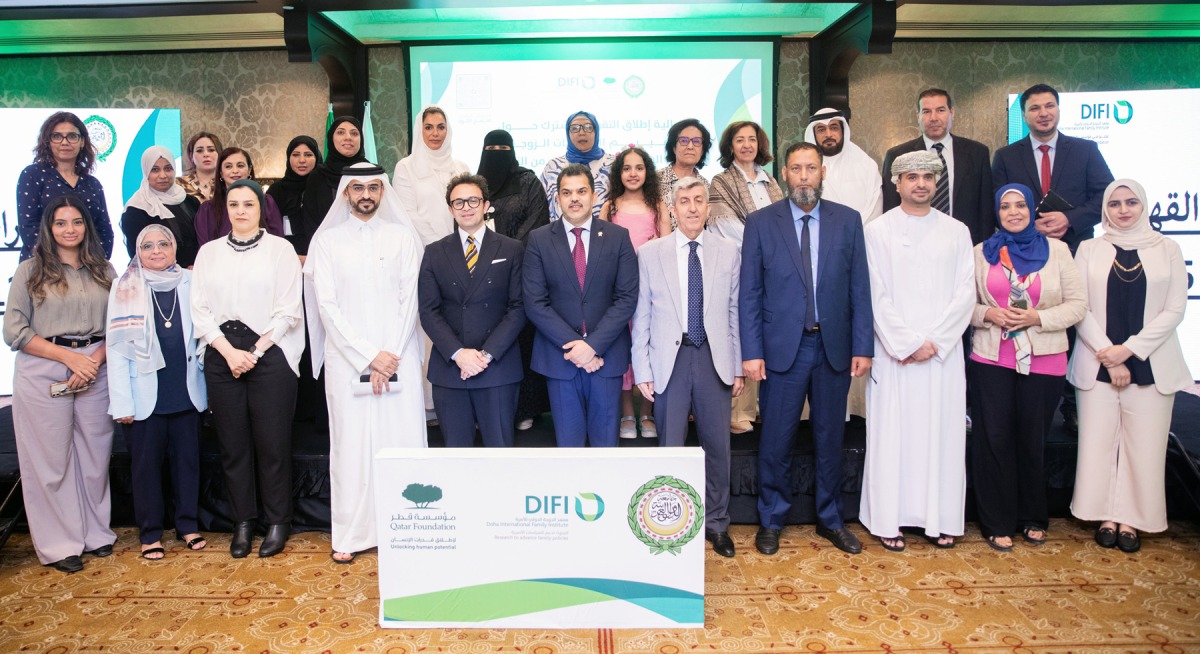In a recent report by the Doha International Family Institute (DIFI) and the General Secretariat of the League of Arab States, findings on the success and failure of marriages in the Arab world during their first five years were outlined. The report, titled ‘Marital Relationship Assessment in The First Five Years of Marriage in The Arab World’, provides insights into the challenges couples face in the early stages of their married life and offers policy recommendations and intervention programs to address potential problems in marital relations.
According to the report, two-thirds of participants described their marriage experience as ‘fun’ and ‘satisfactory’, while 30 percent reported experiencing extra burdens and marital maladjustment within the first five years of marriage. The study also highlighted important factors for conflicts in relationships between newlyweds, such as unexpected behaviors, disputes over parenting styles, and differences in perceptions and attitudes between wives and husbands.
The report identified several motives for marriage among sample members, with family stability and childbearing being the primary reasons at 72.5 percent. Factors required to achieve stability in married life included mutual respect, bearing responsibilities, love, and partnership in household chores and expenses. The study also recommended policies aimed at supporting newlyweds, such as economic empowerment programs, medical examinations for prospective spouses, and parental and maternal leave support.
Ambassador H E Dr. Haifa Abu Ghazaleh emphasized the importance of implementing effective strategies and programs to address family issues in Arab countries. Dr. Sharifa Noaman Al Emadi, Executive Director of DIFI, highlighted the significance of the study in supporting sustainable and happy marriages for Arab couples and families. Ambassador H E Tarek Al Ansari praised Qatar’s efforts in preserving the institution of the family and supporting initiatives for family stability.
The report also found that the support of relatives, despite limited negative interventions that fuel marital disputes, plays a crucial role in stable marriages. The age of marriage for both women and men in the Arab states has significantly increased, indicating economic conditions as a factor in this change. Recommendations from the report included marriage preparation programs, professional family counseling centers, and parenting curricula to help couples overcome difficulties and support family relationships.
In conclusion, the report sheds light on the challenges and factors influencing marriages in the Arab world during their first five years. By providing insights and policy recommendations, it aims to support couples in achieving stability and happiness in their marital relationships. The importance of implementing effective strategies and programs to address family issues was emphasized, highlighting the need for continuous efforts to support family stability in the Arab region.











